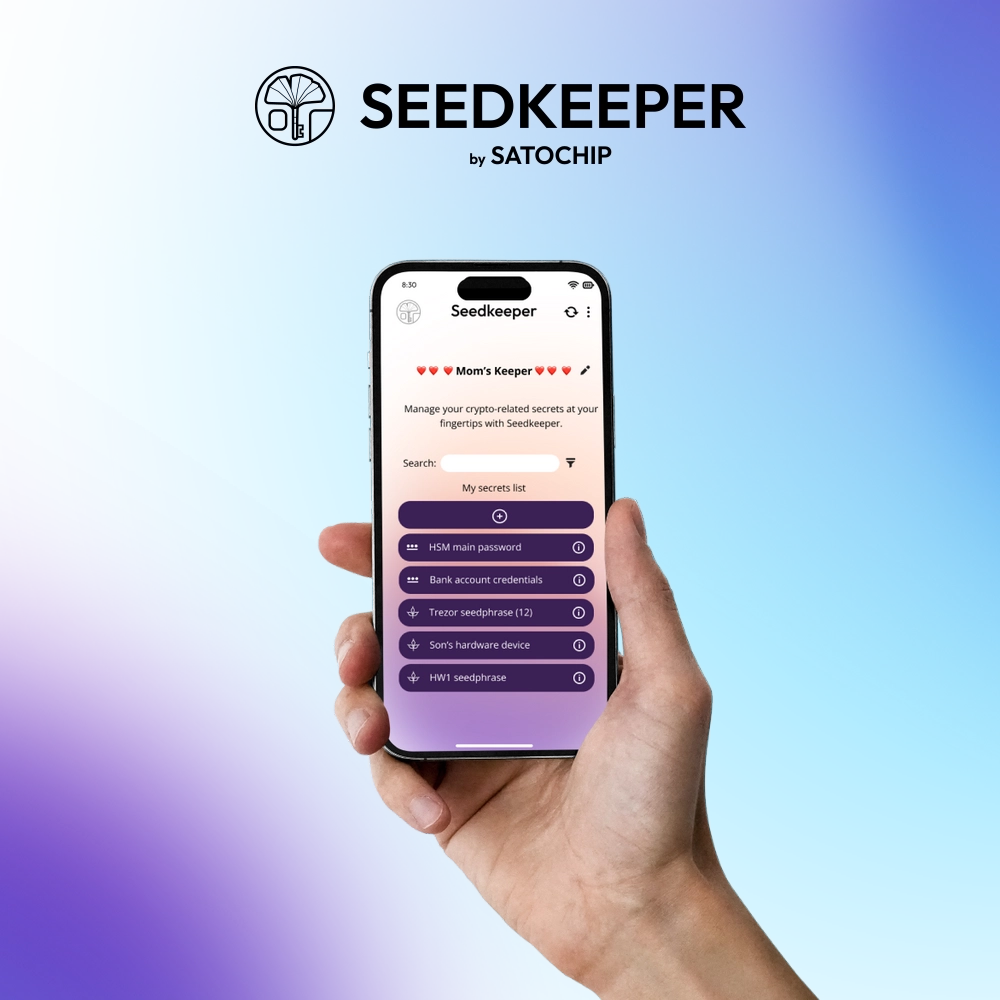Manage your password yourself!
Manage your password yourself!

Regain control over your digital life
While technology giants multiply password management solutions, self-management remains an essential issue.
If you’re familiar with cryptocurrencies, you’ll already know the importance of private key management, summed up by the phrase: “Not your keys, not your coins”.
The same principle should apply to seedphrases and passwords. Would you entrust your house keys to a stranger in exchange for a simple “trust me”? There’s no guarantee that this person won’t betray your trust, or that he or she will protect your keys rigorously.
Recent security incidents involving password managers such as LastPass or DashLane demonstrate that no centralized solution is immune.
Are your passwords really safe?
You’ve taken the time to create strong, complex passwords, but have you thought about storing them? Poorly managed passwords can jeopardize all your data.
Imagine: one lost or damaged notebook, and access to all your accounts disappears. Writing down your passwords on paper is not only risky, but a simple water leak, fire or storage error could expose them to prying eyes. Your digital life is at the fingertips of anyone who stumbles across this notebook.
Store your passwords locally on your computer? That’s a bit better, but if someone accesses your device, your information is vulnerable. No password should be stored in the clear.
The best way to ensure real peace of mind? Use a dedicated, external, secure device to manage your passwords. It’s a far more effective security barrier against theft, accidents and cyber-attacks.
Be password self-custody today!
Being in self-custody when it comes to managing your passwords – i.e. having total control over them without delegating to a third party – is crucial for a number of reasons:
- Total control over your data: by entrusting your passwords to an external manager, you are also entrusting access to your most sensitive information to a third-party company. Even if these services are designed to be secure, vulnerabilities may still exist.
- Risk of hacking into centralized services: online password managers such as LastPass or DashLane have already fallen victim to cyber-attacks. A breach in their systems potentially exposes millions of users. By being self-custody, you eliminate the risk of being affected by an external vulnerability.
- Protection against human error: when you outsource your password management, you’re relying not only on IT security, but also on the practices of company employees. A simple lapse on their part can compromise your security.
- Independence and resilience: if a service you use shuts down or suffers a breakdown, you could lose access to your passwords and therefore your accounts. By keeping your logins yourself, you remain in control in all circumstances.
- Enhanced confidentiality: the more your information is shared, the more you expose your digital life to data leaks or confidentiality breaches. By storing your passwords independently, you limit access to this sensitive information.
Conclusion
In short, self-managing your passwords guarantees optimum security, digital independence and total control over access to your accounts and private data.
In a world where every compromised connection can be disastrous, don’t leave your data unprotected. Join us for more information on security.

